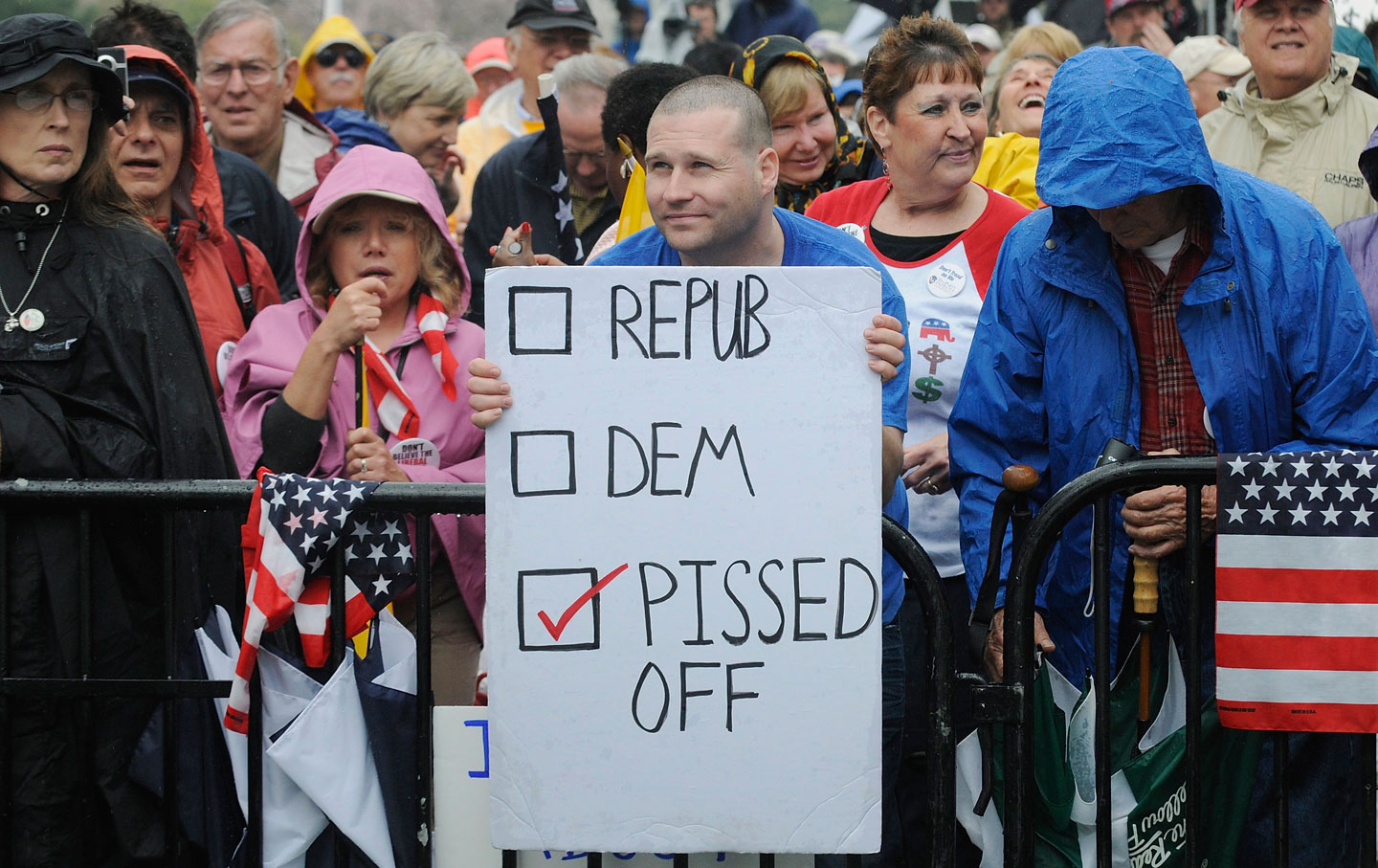From Cranford and Pooter, the middle-class snob novel ploughed on through Orwell, Kingsley Amis – and even Margaret Drabble. But where is it now?

What is perhaps the most interesting to this reader in terms of the essay is looking back all through about 200 years of social eras of middle class snobbery aspiration when perhaps as never before the unique form of what was called the white middle class here in the U.S. is in a state of unprecedented anxiety about its place in the rapidly changing world. If one is to believe the media this U.S. white middle class no longer is about aspiration to be recognized as belonging to a higher sphere by carefully acquiring all the correct material possessions and acquaintance while eschewing all the wrong ones, but is living in sheer terror of losing the place this demographic has taken for granted for so long. This would probably mean losing the motor boat and at least two of the 3 - 4 other vehicles in that garage that is so huge that it is at least half the square footage of the rest of the huge house.
This article doesn't articulate any of this, though it goes up through authors of the 20th century who are still working in the 21st, such as Margaret Drabble.

So far it seems that authors of fictional middle class snobbery here in the U.S. haven't touched upon the projection of our angry white middle class anxiety of losing place upon The Immigrant and, as always, going back to the colonial eras, the African American. Unlike in Victorian England where the projection was put upon white people who came from some taint of agriculture and mill working connections, here in the U.S. it has gone straight to race and nationality, denial of science and rationality and refusal to believe in man-made climate change. I don't recall this in Victorian fiction, beyond, say Disraeli's political novels concerning Zionism -- and his objective was quite other than this. In Victorian fiction the middle class aspires to a higher rank. Those who are anxious about falling are the upper classes -- always for the sheer lack of the ready since daddy, brothers, uncles, granddads gambled it away and without entail the land would be gone too.
Or as the author of the essay puts it:
If rather fewer class comedies get written in the early 21st century, the explanation can be put down to fracturing demographics. A social scientist recently calculated that, strictly speaking, there is no such thing as “the middle classes”, merely a dozen or so socio-economic categories with some kind of affinity to what used to be thought of as the essential tenets of bourgeois life. All this sets those novelists bent on writing amusingly about class the almost insuperable difficulty of establishing their terms, and – even more problematic, perhaps – convincing readers of the accuracy of their judgments. . . .

Unlike the Victorians, the current USian white middle class isn't terrified of who might think they deserve to be invited to one's dinner table, as so few bother with either a table or dinner, preferring to order in from Dominos, Fresh Direct, whatever. White middle class fiction writers now worry about the right to write the Outsider -- dare they culturally appropriate? will anyone believe their appropriation since they don't personally know any Others to indeed sit down and have dinner with at all?

No comments:
Post a Comment